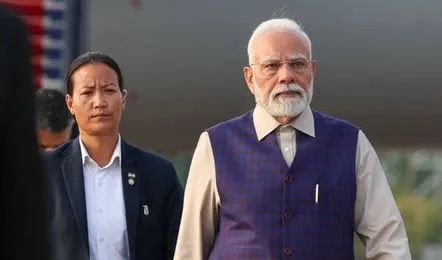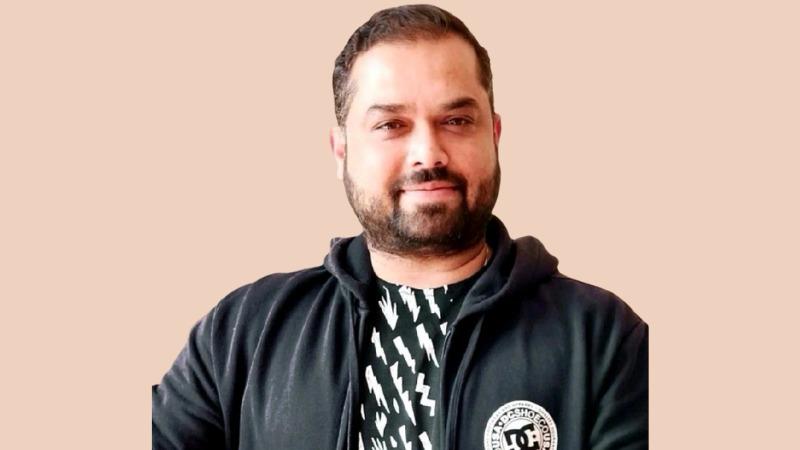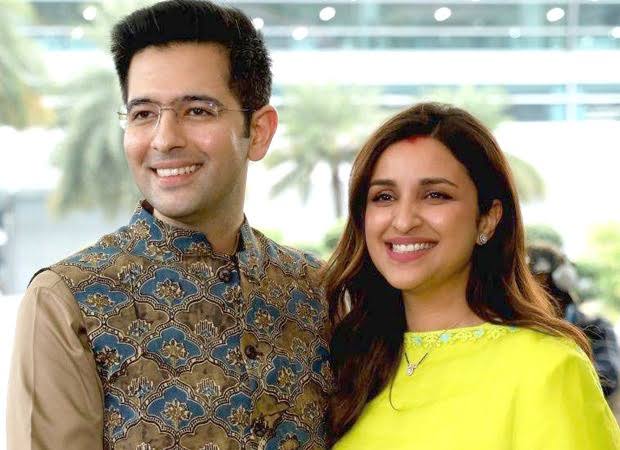 Image Source: Dynamite News
Image Source: Dynamite News
Key Highlights of the Announcement
• Inspector Adaso Kapesa has become the first woman from Manipur, and reportedly the first woman overall, to serve as a Special Protection Group (SPG) officer directly guarding Prime Minister Narendra Modi during his recent United Kingdom visit.
• Kapesa’s presence in the high-profile security cordon, previously dominated by men, has ignited praise for gender inclusivity and empowered women nationwide.
• Her selection shines a spotlight on the increasing diversity and professionalism in India’s top security units, drawing widespread public and social media attention.
The Journey of a Trailblazer
Adaso Kapesa’s inspiring journey stems from humble beginnings in Kabi village, Senapati district, Manipur. Rising through the ranks of the Sashastra Seema Bal (SSB), an elite Central Armed Police Force under India’s Ministry of Home Affairs, she showcased remarkable skill and grit. Her unit, the 55th Battalion stationed in Pithoragarh, Uttarakhand, is known for its operational discipline—a reflection of Kapesa’s own professional standards.
With years of tough field assignments and advanced training behind her, Kapesa earned the historic assignment to the Special Protection Group. The SPG, established in 1985 after the assassination of former Prime Minister Indira Gandhi, is the country’s most selective and secretive security force, tasked with the protection of the sitting Prime Minister as well as certain former PMs and their families. Until very recently, its operational team was an all-male contingent.
Making Her Mark on the World Stage
Kapesa’s role became visible to the world during Prime Minister Modi’s official engagements in the United Kingdom in July 2025. Pictures showing her standing sharply behind the Prime Minister at key public events quickly trended on social media, prompting celebrations of her achievement and the broader advancement of women in Indian law enforcement.
Her historic inclusion visibly changed the face of elite security at international events—reinforcing the message that trust, competence, and opportunity should transcend gender. Conversations about her role became especially vibrant in Manipur and northeast India, where her story stirred pride and hope among young women aspiring to careers in uniformed services.
Why This Appointment Matters
• Her appointment marks a critical milestone for gender diversity in Indian security forces and is seen as a powerful endorsement of the ongoing reforms to make elite institutions more representative.
• Members of the SPG undergo some of the country’s most demanding physical, tactical, and psychological training. Kapesa’s ability to meet those standards is a motivational example to all security personnel, especially aspiring women officers.
• The visibility of a woman in such a pivotal operational role during high-stakes diplomatic events directly challenges long-held stereotypes in law enforcement and security fields.
Key Areas of Impact
Personal Triumph: From a remote village in Manipur to the privileged corps of the SPG, Kapesa’s achievements illustrate what can be accomplished with discipline and ambition.
Societal Progress: Her example is being celebrated not just for shattering a glass ceiling but for opening doors to more women in critical frontline roles in policing and defense.
Institutional Change: Her role is expected to influence policy-makers and force leaders to further integrate women into leadership tracks and combat teams across India’s security apparatus.
The Road Ahead
Kapesa’s trailblazing assignment is already fostering broader conversations about gender equity and inclusion in India’s armed services. Experts believe that her placement in the SPG will encourage more young women nationwide—especially in the northeast—to aim for careers in national security. Simultaneously, officials anticipate that her example will prompt ongoing reforms in recruitment, training, and assignment practices for India’s paramilitary and police forces.
In Summary
Adaso Kapesa’s assignment to the SPG and her historic role protecting Prime Minister Modi in the UK is more than a personal victory—it is a national moment symbolizing the growing, unstoppable change in India’s security landscape. Her presence at the highest level of protection services not only honors her dedication but also sets a benchmark for future generations of Indian women.
Sources: Free Press Journal, NewsMobile, Economic Times
Advertisement
Advertisement






